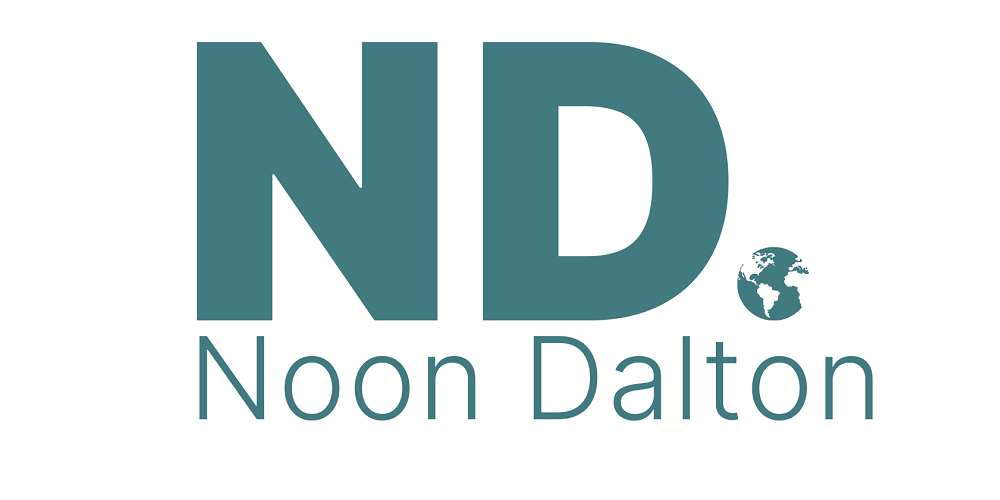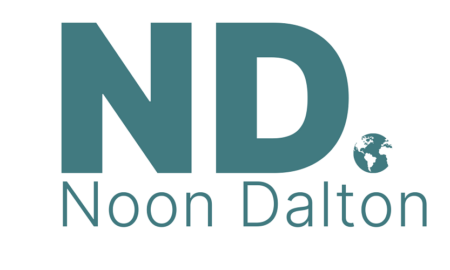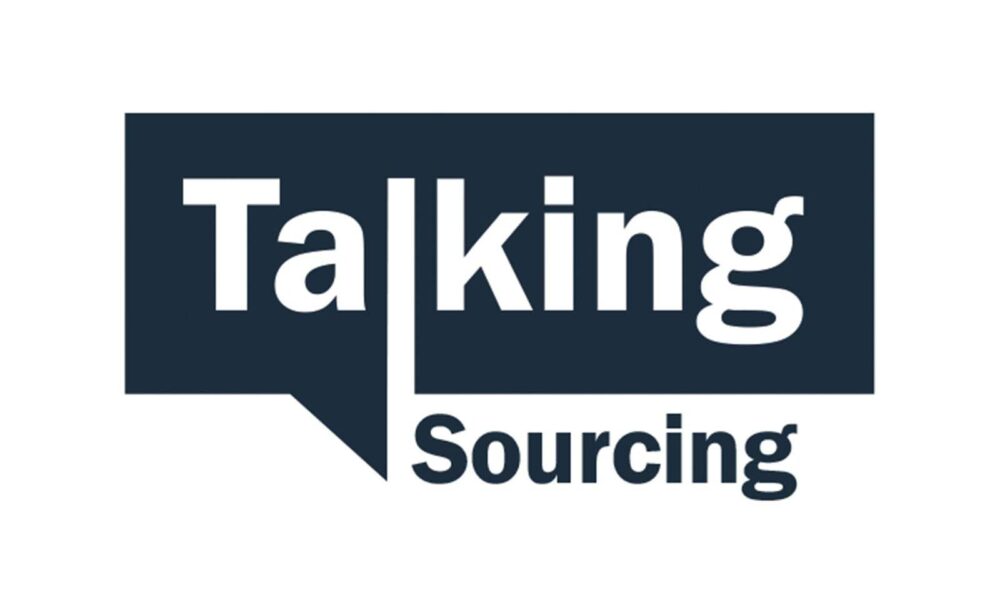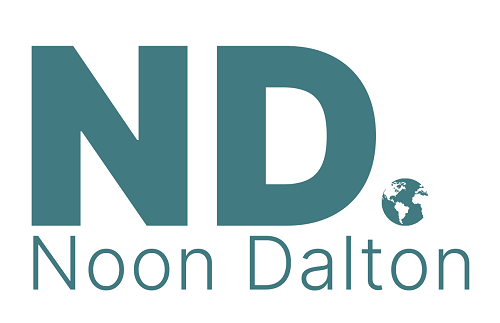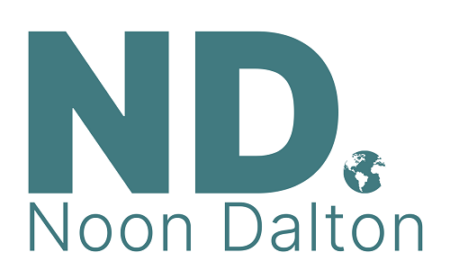There has been a marked increase in the number of first-time outsourcers looking to offshore their customer-service, back-office and technical support functions to South African BPO providers than ever before.
“Without a doubt the consequences of the pandemic are playing a big part in this shift and I don’t believe this is temporary either. I expect organisations will continue to outsource more of their non-core processes and skills requirements in the long term to obtain the operational and labour efficiencies they need in a massively competitive environment, while avoiding any large capex to set up their own inhouse functions, processes and infrastructure. The pandemic has merely served as a catalyst to fast-track what was already starting to unfold pre-Covid,” says Clinton Cohen, CEO of iContact BPO, a South African-based BPO provider servicing predominantly international markets.
Cohen provides his take on the key drivers that will shape South Africa’s global business services sector in 2022 and beyond…
The rise of niche BPO providers
The last two pandemic years provided significant growth impetus for niche BPO providers and will continue in 2022. There are a two key reasons for this growth.
Firstly, the number of businesses that are first time outsourcers grew significantly during the pandemic. For businesses turning to BPO for the first time, their outsourcing and technology needs are not always clear from the outset and there is a need to build the outsourcing strategy on a ‘discovery’ basis. These clients need access to experienced executive teams at their BPO provider who work in a collaborative process to build the outsourcing journey, rather than enforcing a pre-determined playbook that’s not right for their needs. This level of flexibility, agility and one-to-one engagement and collaboration is inherent in smaller, niche BPO operations.
Secondly, many first time outsources have specialised needs. Think screening of medical records, insurance claims processing, research and surveys and so on. It’s not your typical client service BPO function, and likely to require the expertise of a niche provider that specialises in such functions.
Strategic partnerships and BPO sub-contracting to SA is on the rise
iContact BPO has been approached by various BPO operations based in the US, UK and Europe looking to establish strategic partnerships with South African providers for subcontracting purposes – much of this is driven by challenging labour issues in developed markets. Finding skilled people to fill positions in these contact centres faces intense competition with other job roles where there is a high transferability of contact centre skills. Similarly, in many instances hourly pay for new hires in areas such as logistics, online shopping and the like exceed the finite hourly wages that onshore contact centres compete with, making these contact centres uncompetitive in terms of global labour realities.
On the flip side, South Africa has millions of educated young people in need of employment with English language capabilities amenable across many geographies, and a favourable exchange rate that helps in delivering fully loaded services, including management time at anywhere up to 60% less than onshore delivery in the US, UK or Europe. Establishing strategic partnerships with SA BPO partners allows them to retain their client interface and relationship, deliver on client needs with a top CX destination BPO provider, achieve the operational and geographic diversity that proved critical during the pandemic, and resolve their expensive skilled labour shortages – without having to set up their own capital-intensive operations offshore.
Striking the balance with hybrid work models
The pandemic triggered one of the biggest trends that is likely to endure long after COVID-19 is gone – combined remote and in-office working models. While WFH was initially challenging in the early stages due to the radically changed operational and connectivity requirements, South Africa’s BPO sector demonstrated strong operational and service capabilities during the pandemic and did not falter in its business continuity efforts. SA’s BPO businesses quickly migrated to remote and hybrid working models ensuring that operations and service delivery continued with minimal disruption.
Over the last two years, much refinement has gone into providing the tools and support for hybrid work arrangements that allow companies to pivot in either direction, in line with their unique circumstances as well as those of the customers they serve. Today’s BPO operations need to prepare for and optimise the hybrid working models that cater for a fluid spectrum of options. While the initial work-from home movement was a necessity at the time, the hybrid working models of tomorrow are an opportunity to achieve greater innovation and productivity levels by being flexible, digital and responsive to the needs of customers and service team members.
Value-added services – moving beyond the ‘call’
With the rapid digitisation of business and service processes brought about by the pandemic, very few businesses were geared for the scale of human resources, tech stacks, security data integrations to manage their changing customer service requirements. This is where the value-added services that a BPO provider brings to the table proved immeasurable. Consider the value of the data and analytics capability and AI now available in contact centres and how such data can provide clients with deeper insights into their entire customer value chain processes. Consider the speech-to-text capabilities and sentiment analysis that now allow BPO providers to deliver quality assurance to clients at levels never seen before. Other crucial ‘value’ adds come to mind, such as advanced digital tech, productivity management tools, Software-as-a-Service (SaaS), innovation in process and training, compliance, data security and hands-on leadership which go well beyond the commoditised services of price and language capabilities alone.
The South African BPO market has room to grow
According to McKinsey’s South Africa Big Five report, the country’s GBS sector could grow to over 775,000 jobs by 2030, with two-thirds of these in the service of overseas markets. To move forward, the BPO industry relies on focused and meaningful Government support, and the continued active lobbying of industry bodies such as Business Process Enabling South Africa (BPESA) and Cape BPO to showcase South Africa to the world. The business growth of South Africa’s BPO sector is underpinned by delivering strong offshoring fundamentals, bringing together the best of economics, quality BPO services, rapid scale, high service levels, socially responsible supply chains, policy certainty and industry-specific training and education programmes. It has never been more crucial for SA’s BPO industry, Government and labour to work collaboratively and strategically to realise the full investment potential that BPO holds for our country.
For more information visit www.icontactbpo.com




